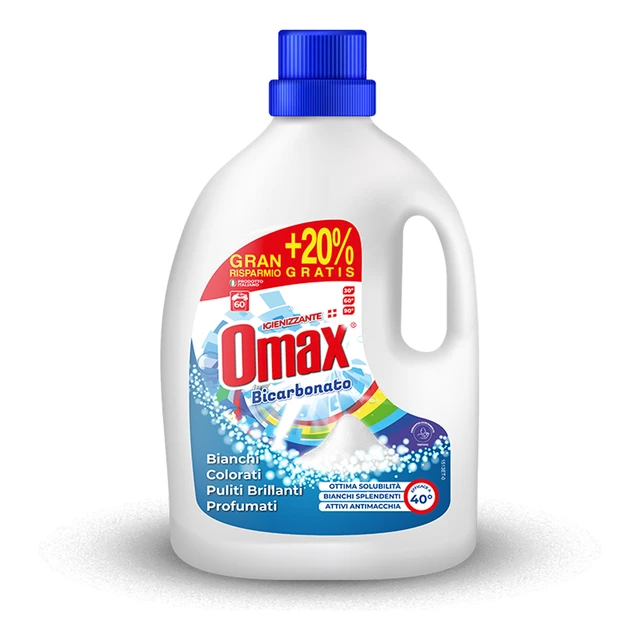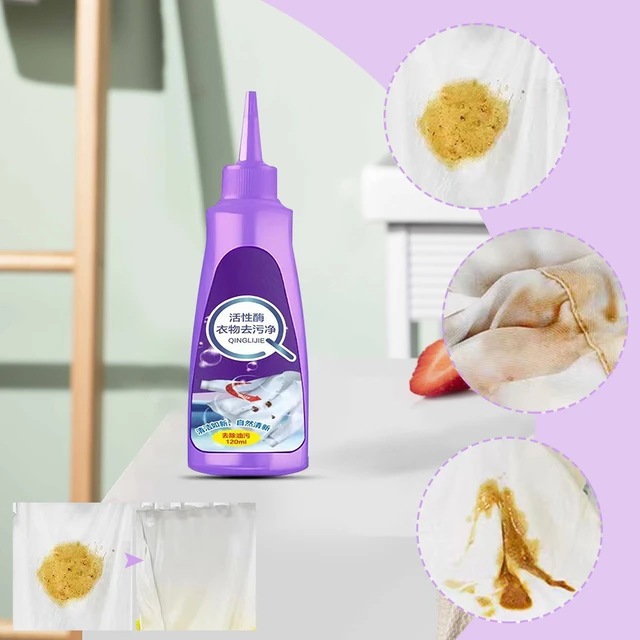 Introduction:
Introduction:
When it comes to washing our cars, we often ponder the suitability of different cleaning agents. One common question that arises is whether laundry detergent can be used as an alternative to traditional car wash soaps. In this comprehensive guide, we will explore the pros and cons of using laundry detergent to wash your car. By understanding these aspects, you can make an informed decision on the best cleaning method for your beloved vehicle.
 Here are some common ingredients found in laundry detergents:
Here are some common ingredients found in laundry detergents:
Laundry detergents typically contain a combination of different ingredients, each serving a specific purpose in the cleaning process. Here are some common ingredients found in laundry detergents:
Surfactants:
Surfactants, such as sodium lauryl sulfate or sodium laureth sulfate, are key ingredients in laundry detergents. They help to remove dirt, oil, and stains from clothes by breaking down the surface tension between water and the fabric, allowing the detergent to penetrate and lift away the dirt.
Enzymes:
Enzymes, such as proteases, amylases, or lipases, are added to laundry detergents to break down specific types of stains and soils. For example, proteases target protein-based stains like blood or grass, while lipases break down lipid-based stains like oils or greases.
Builders:
Builders, such as sodium carbonate or sodium citrate, assist in water softening and enhancing the cleaning efficiency of the detergent. They help to decrease the water hardness, preventing mineral deposits on clothes and improving the overall cleaning performance.
Brighteners:
Optical brighteners, also known as fluorescent whitening agents, are added to laundry detergents to make clothes appear brighter and whiter by absorbing UV light and re-emitting it as visible blue light. They create an optical illusion of brightness, even if the fabric is not actually cleaner.
Bleaching Agents:
Oxygen-based bleaching agents, like hydrogen peroxide or sodium percarbonate, are used to remove tough stains or brighten whites. They release active oxygen upon contact with water, breaking down and removing stains by oxidizing them.
Fragrances:
Fragrances are added to laundry detergents to give clothes a pleasant scent. However, they can be a common trigger for allergies or skin sensitivities. Fragrance-free or hypoallergenic detergents are available for individuals with sensitive skin.
Stabilizers and Preservatives:
Certain stabilizers, like sodium sulfate or sodium polyphosphate, are added to maintain the stability and performance of the detergent. Preservatives, like methylisothiazolinone or benzisothiazolinone, may be used to inhibit the growth of bacteria or fungi in the detergent.
Water:
Water is the main ingredient in liquid laundry detergents, serving as the base for the formulation and helping to dissolve and distribute the other ingredients effectively.
It’s important to note that the specific ingredients and formulations can vary among different brands and types of laundry detergents. Always check the product label or consult the manufacturer’s website for the complete list of ingredients in a particular laundry detergent.
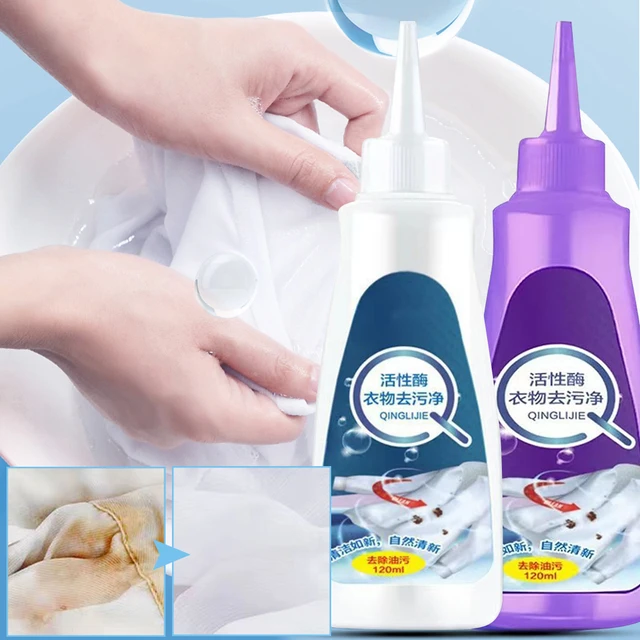 Pros of Using Laundry Detergent
Pros of Using Laundry Detergent
Effectiveness in Removing Stains:
Laundry detergents are designed to effectively remove various types of stains and dirt from fabrics.
Their powerful cleaning agents can also prove effective in removing stubborn grime and debris from a car’s exterior.
Cost-Effective:
Using laundry detergent that is readily available in most households can be a cost-effective option.
Eliminating the need to purchase specialized car wash soaps can save you money in the long run.
Convenience:
With laundry detergent readily available in your home, it offers a convenient solution for impromptu car washing.
You can quickly access the detergent without the need for an extra trip to the store.
Cons of Using Laundry Detergent
Potential Damage to the Car’s Finish:
Laundry detergents are not formulated specifically for automotive paint or clear coats.
Their powerful cleaning agents may strip away protective layers and cause permanent damage to the car’s finish.
Lack of Lubrication:
Car wash soaps are designed to provide lubrication that helps prevent scratching and damage during the washing process.
Laundry detergents lack these lubricating properties, increasing the risk of swirl marks and scratches on the car’s paintwork.
Harshness on Surfaces:
Laundry detergents may contain chemicals that are too harsh for delicate automotive surfaces.
They may strip away wax, polish, or other protective coatings, leaving the car vulnerable to damage from the elements.
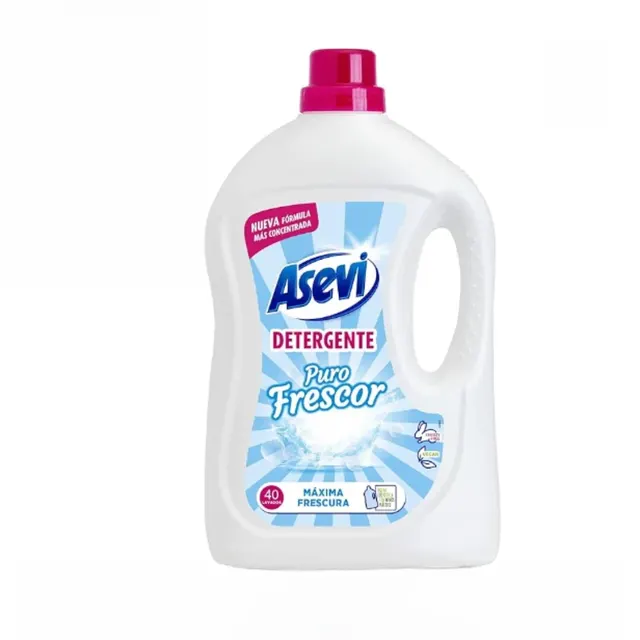 If you experience an allergic reaction to laundry detergent
If you experience an allergic reaction to laundry detergent
If you experience an allergic reaction to laundry detergent, there are steps you can take to address the issue. Here’s what you can do:
Stop Using the Detergent:
Immediately discontinue using the laundry detergent that is causing the allergic reaction. Switch to a different detergent that is hypoallergenic or specifically formulated for sensitive skin.
Rinse Thoroughly:
If you notice detergent residue on your clothes, rinse them thoroughly to remove any remaining traces of the allergen. You can rewash the clothes with a hypoallergenic detergent or run an extra rinse cycle.
Avoid Fragrances and Harsh Chemicals:
Look for laundry detergents that are fragrance-free and free of harsh chemicals like dyes, optical brighteners, and strong surfactants. Opt for gentle and hypoallergenic detergents that are specifically designed for sensitive skin.
Perform Patch Test:
If you’re planning to try a new detergent, perform a patch test before using it on your entire load of laundry. Apply a small amount of the detergent to a small, discreet area of your clothing and check for any allergic reactions or skin irritations over the next 24-48 hours.
Consult a Healthcare Professional:
If your allergic reaction persists or becomes severe, it’s advisable to consult a healthcare professional. They can evaluate your symptoms and provide appropriate guidance or medication to alleviate the allergic reaction.
Consider Alternative Washing Methods:
If you continue to experience allergic reactions to laundry detergents, you might consider alternative washing methods. For example, you could try using laundry soap flakes or choose natural detergent options that are plant-based and free of common allergens.
Wear Protective Gear:
When handling laundry detergents, especially if you have a known sensitivity or allergy, consider wearing gloves to minimize contact with your skin. This can help reduce the risk of an allergic reaction.
It’s important to note that everyone’s allergies and sensitivities can be different, so it’s essential to identify the specific trigger and find an appropriate solution that works for you. Consulting with a dermatologist or allergist can provide further guidance and assistance in managing allergies to laundry detergents.
Alternative Car Wash Solutions
Automotive Car Wash Shampoos:
Automotive car wash shampoos are specifically formulated for cleaning cars and are ideal for maintaining the integrity of the car’s finish.
They provide lubrication, contain gentle cleaning agents, and help protect the paintwork.
Waterless Car Wash Products:
Waterless car wash products are a convenient and environmentally friendly alternative to traditional washing methods.
They are formulated to safely lift dirt and grime from the car’s surface without the need for water, reducing water waste.
Homemade Car Wash Solutions:
Homemade laundry detergent can be an alternative to commercial car wash soaps.
Simple DIY mixtures, such as a mild dish soap and water solution, can be effective for removing dirt and maintaining the car’s finish.
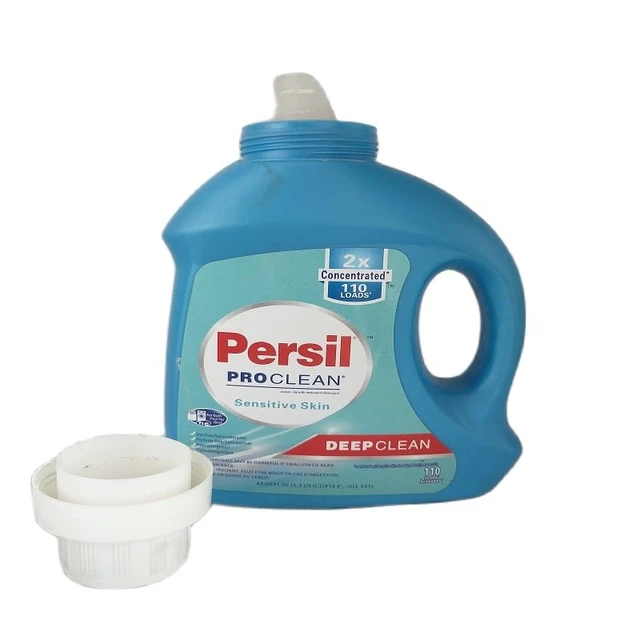 Conclusion and Recommendations
Conclusion and Recommendations
Conclusion:
While laundry detergent may possess some cleaning capabilities, it may not be the optimal choice for washing your car. The potential risks of damage to the car’s finish and lack of lubrication make it a less suitable option compared to specifically formulated car wash soaps. Instead, consider investing in automotive car wash shampoos or exploring alternative solutions such as waterless car wash products or homemade mixtures.
Recommendations:
Prioritize the use of automotive car wash shampoos to protect your car’s finish and maintain its integrity.
If necessary, explore waterless car wash products or homemade solutions containing mild dish soap and water as an alternative.
Always follow best practices for car washing, including using proper tools, techniques, and rinsing to prevent scratches and damage.
By choosing the appropriate car wash solutions and following proper procedures, you can effectively clean your car without compromising its appearance or risking any potential damage. Regular maintenance and care will help keep your vehicle looking its best and preserve its value over time.
